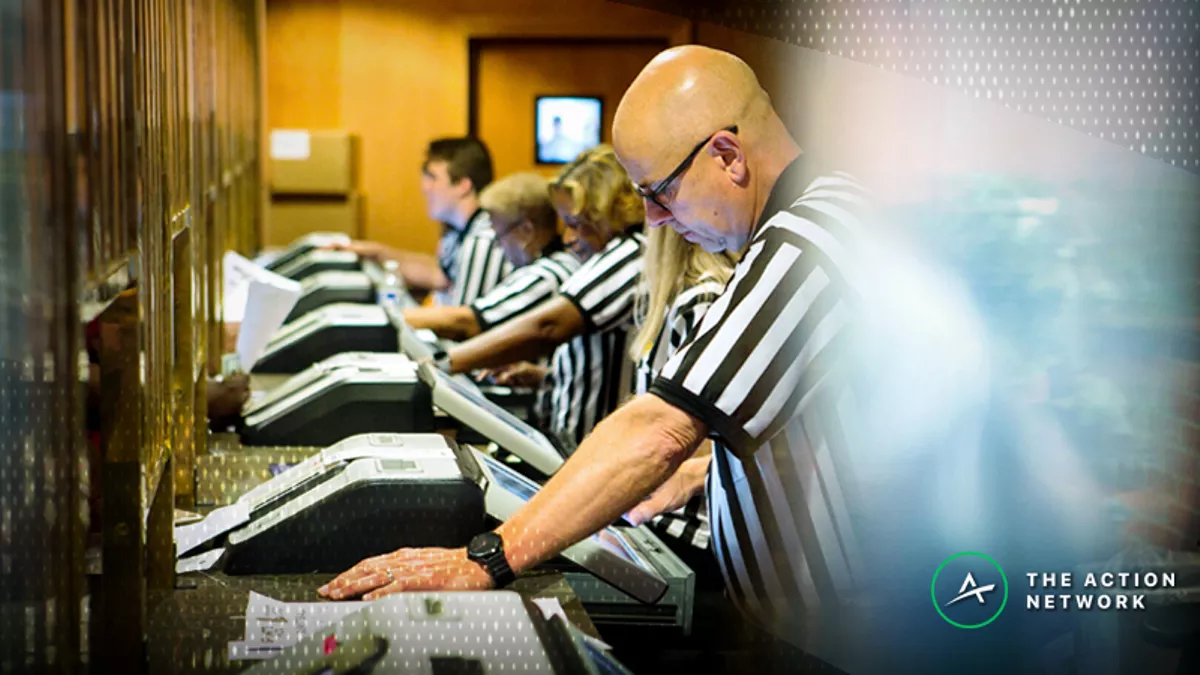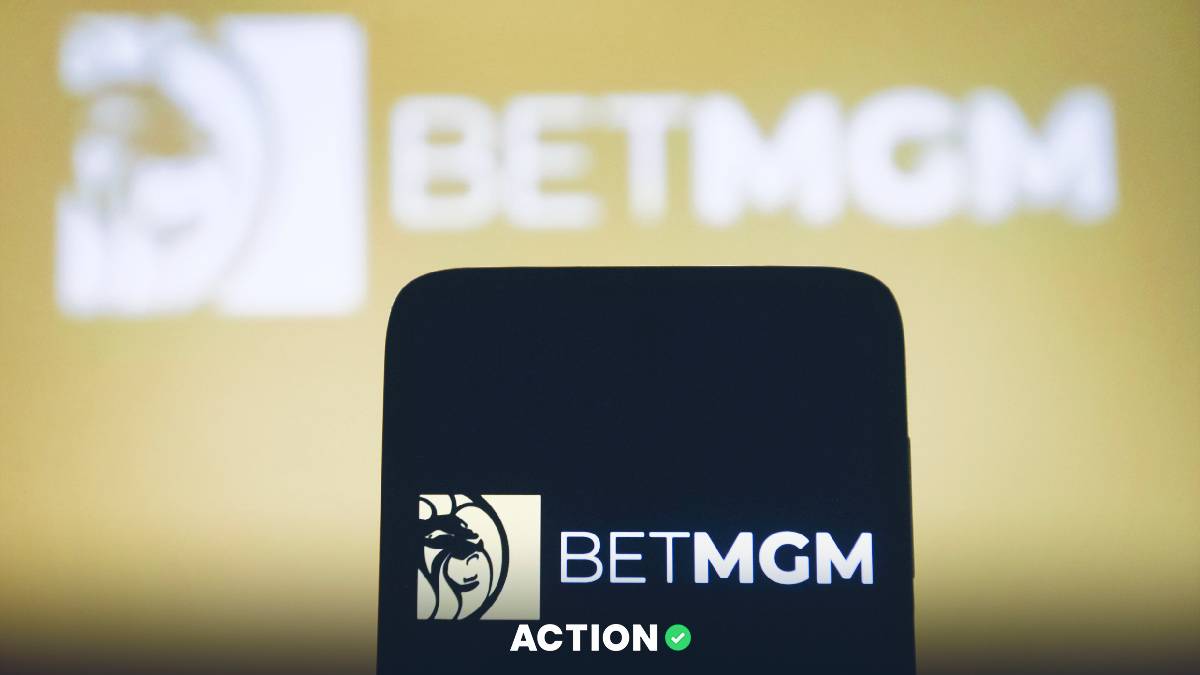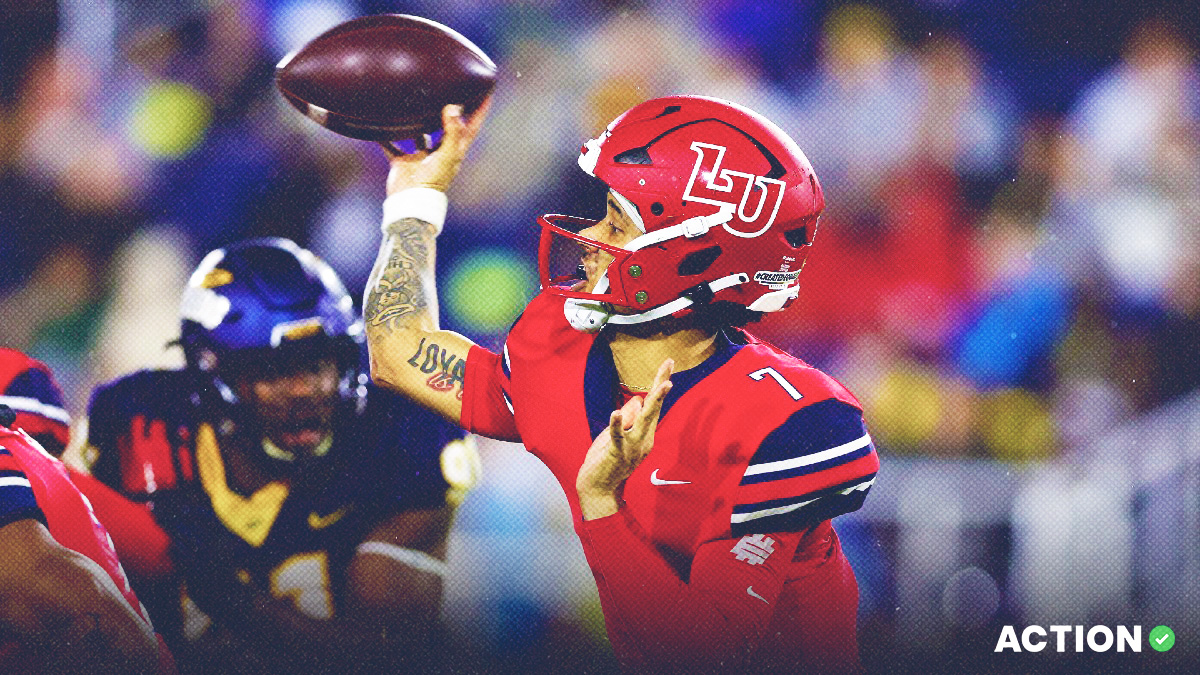This week marks the opening of NFL training camps across the country – and, for millions of fans, the start of season-long fantasy football season. However, thanks to entertaining, fast-paced fantasy sports contests that are played on a daily basis, this year’s fantasy sports season has been raging for months.
Nearly as entertaining in gaming law circles is a debate by some about the legal status of the most popular versions of these daily fantasy sports contests. In these “pick ‘em” DFS games, participants predict the performance of a roster of individual athletes based upon various statistical targets for those athletes set by the contest operator. That is similar to one of the earliest versions of daily fantasy sports, where operators like FanDuel and DraftKings established salaries for athletes, and rosters were constructed using salary caps established by the “house.”
“Pick ‘em” DFS has become explosively popular over the past few years due to its intuitive game mechanics and practicality for sports fans who might be interested in a more casual option.
Although the earliest versions of these “salary cap” games were controversial, they were seen by some, especially their champions at FanDuel and DraftKings, as legal alternatives to what were at-the-time illegal forms of sports betting in the United States. Those creators were demonized by many, threatened with criminal prosecution, and told repeatedly that their legal analyses were wrong.
Yet almost a decade later, respected courts, regulators, and policymakers have fully vindicated the daily fantasy sports industry. Many have offered their own legal commentary on this topic, but those who wear black robes in places like New York and Illinois firmly concluded daily fantasy sports are games of “skill” in the eyes of the law, and therefore, do not constitute forms of gambling in the United States. Regulators and policymakers in places from Alabama to Colorado, Arkansas to Arizona likewise licensed and validated these types of contests as fantasy sports and renewed those licenses multiple times.
Interestingly, now it appears that some of those same biggest, early champions for daily fantasy sports, who argued for their legality and are now direct competitors, are some of the loudest voices against these popular “pick ‘em” style contests. Their representatives have stated that the law should treat “pick ‘em” DFS contests as games of “chance,” not “skill.” Those arguments are as faulty now as they were then.
When the true story is told through the lens of over 150 years of law on this topic, it demonstrates that these small, but noisy fantasy critics have excluded critical parts of the law in their analysis. The most prominent legal standard has actually been remarkably stable over the course of time. Commonly, a game of skill is a contest where skill, not chance, predominantly determines the likelihood of success in the game.
The role of the operator, or the “house,” is largely irrelevant to that analysis. Over the years, game operators, for instance, offered puzzles for a small entry fee where contestants could win various prizes. Participants competed against the “house,” not other competitors, but it did not change the fact that these were still games of skill. Even today, no lawyer would argue that online chess tournaments, where participants pay entry fees to compete against a computer operated by the “house” for real money, are forms of gambling.
The other common narrative is that the “pick ‘em” version of daily fantasy sports arrived in the U.S. after sports betting was legal, and therefore, those games were only intended to take advantage of regulations in states that had not yet legalized sports betting. The truth is “pick ‘em” versions of daily fantasy sports today began with companies like Starstreet and DraftDay back in 2012, long before the Supreme Court ever lifted a pen to PASPA. In fact, one of the earliest innovators in this space, Monkey Knife Fight, was licensed as a fantasy operator by experienced game regulators before “player props” grew to their current popularity. Not surprisingly, many of today’s critics were silent when those fantasy licenses were first awarded.
Perhaps most importantly, the amount of skill necessary to prevail in a contest is a question of “fact” or evidence that is usually determined by expert witnesses. In this case, the same statistical experts with PhD degrees from the most prestigious math departments in the country, who DraftKings and FanDuel used to prevail in their seminal court cases, have also analyzed modern versions of daily fantasy sports contests. Their conclusion: Skill prevails over chance in these modern games the same way it does in salary-cap versions.
My goal is simple. I want to tell the full story of daily fantasy sports in a short series: where it started, how it has evolved, what the law says (and doesn’t say) about the topic. I think when you hear that full story, you will conclude, as I have, that there has been much misinformation in the conversation around daily fantasy sports. The current daily fantasy sports operators are right on the law yet again. This time around, however, let’s save ourselves some time, avoid all the drama and return to scouting this season’s rosters at NFL training camps.
Darren Heitner is the Founder of Heitner Legal, P.L.L.C., an adjunct professor of Sports Law at the University of Florida Levin College of Law, and an expert and consultant in both the sports gaming and fantasy sports fields. Mr. Heitner also served as counsel of Monkey Knife Fight.
























































